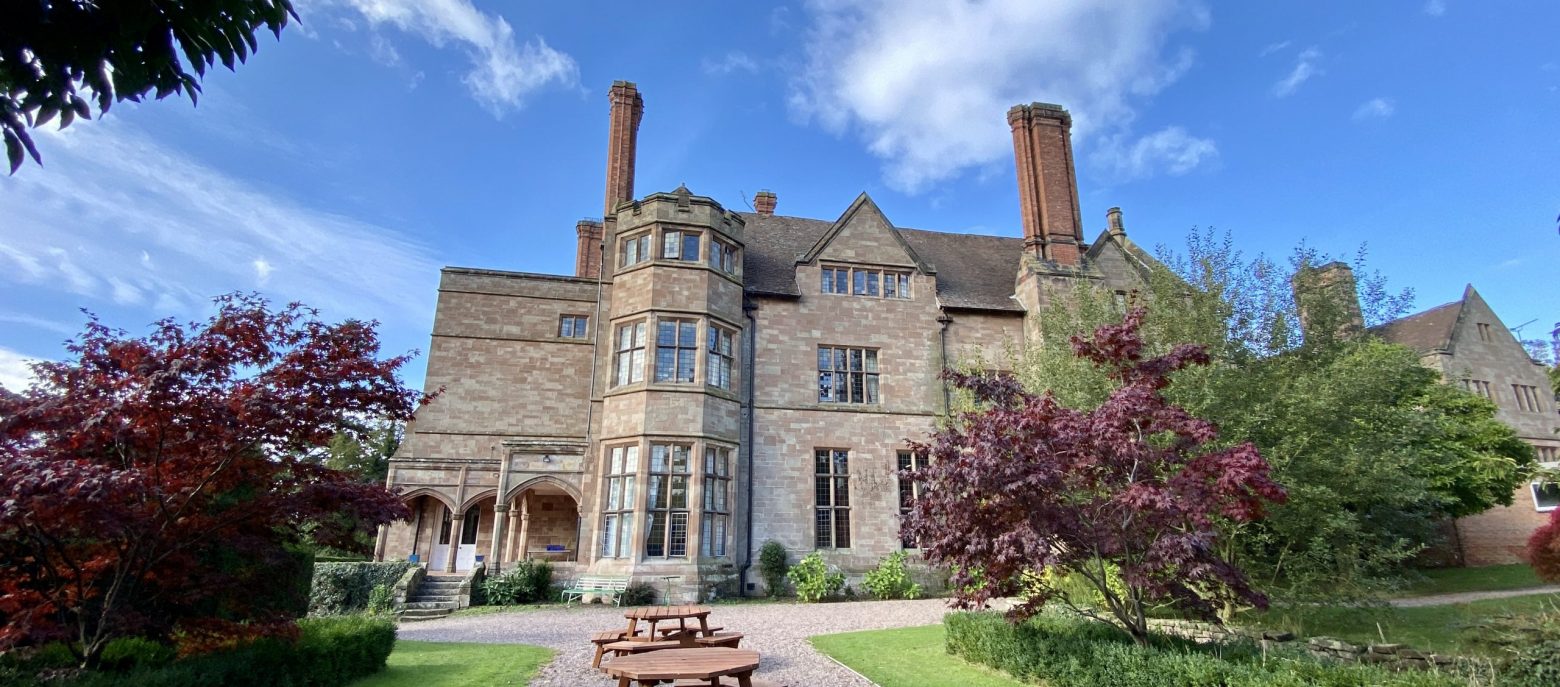Mala Tribich, a survivor of the concentration camp Bergen-Belsen, spoke to Adcote schoolgirls via an international live-stream webcast – and her account will stay with them for the rest of their lives, as they explain in their own words.
Rebecca Collins (Y8): “Her mum and sister were taken away to a forest and murdered. It was really upsetting because you could see she could hardly bear to talk about her parents.
“It’s inspiring that she would talk about that, even though she has been through such horrible things – that she’s brave enough to say what’s happened, even though it makes her upset. She said it was emotionally draining but she wants to do it because she wants us to understand and help future generations.”
Rhiannon Williams (Y8): She was addressing the county and schools abroad and we felt as though we were being exposed to her secrets. She talked about things she had hardly ever told anyone about. She said ‘if you see this happening, you have to help and stop it’. The Nazis saw Jews as sub-human as beneath them – it made me think about where else in the world today that might be happening.
“What impressed me was how brave Mala was to speak about what happened and how determined she was at the time to look after her little cousin. She kept little bits of bread in a hankie to give to her younger cousin when she felt weak or faint. Her life story was gripping. It’s so much better than just reading facts, hearing them actually saying it to us in person. When they told us that we are the people ever to hear these stories from a survivor, it made us feel really strange inside.”
Madeleine Croall (Y8): “Mala told us about when she was in the concentration camps with her little cousin, who she was looking after. When you were in the concentrations camps you could be talking to someone who was so weak they would just die in front of your eyes. She told us about having her head shaved and having a number tattooed on her arm. She could barely recognise even her own cousin because they all looked identical. They took everything away from them.
“She said one day, they were all walking along in a line, like zombies. One of the guards began to smile at her. She thought he looked kind so she asked if she could be reunited with her father and brother but he wouldn’t let her little cousin go. She had to make a choice to leave her cousin or be reunited with her family. It was so sad that her father died four days before the end of the war.
“It really stayed with me when they told us ‘by seeing a witness it means you are a witness’.”
Born into a Jewish family in Poland in 1930, Mala’s life turned upside down when Nazi Germany invaded her country. Her home town, Piotrkow-Trybunalski, became the site of one of the first Jewish ghettos. She spent much of the war in concentration camps. After Bergen-Belsen was liberated by the British at the end of the war, in 1945, Mala moved to Britain to live with her brother. He little cousin, Ann, also survived and moved to Australia.
Holocaust Remembrance Day
The United Nations General Assembly has designated 27 January as the International Day of Commemoration in memory of the victims of the Holocaust, the day upon which every year the world would mark and remember the Holocaust and its victims.
On 27 January 1945, the advancing Red Army entered the Auschwitz-Birkenau extermination camp complex, liberating more than 7,000 remaining prisoners, who were for the most part ill or dying. Days earlier, the SS had forced nearly 60,000 prisoners to evacuate the camp and embark on the infamous ‘Death Marches,’ in which many thousands lost their lives.
Seventy-one years on from the liberation of Auschwitz, it is more important than ever to remind ourselves of the universal lessons of the Holocaust and to foster a shared culture of remembrance.
Categories: Engagement





